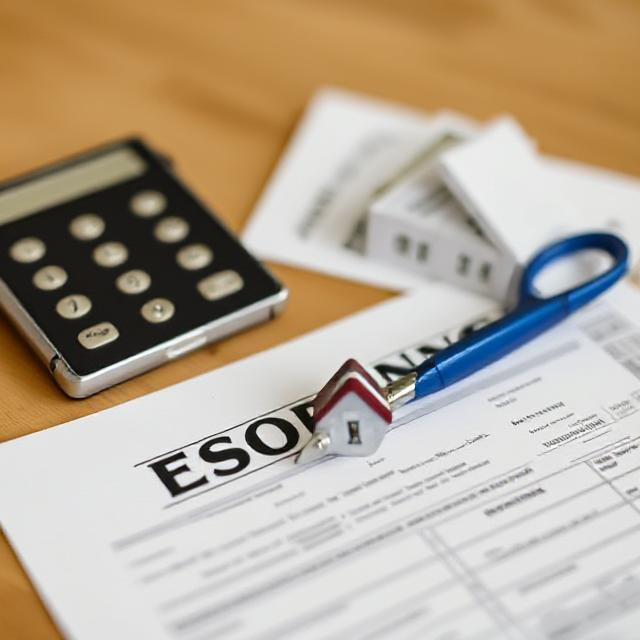Drone Insurance Works have revolutionized industries from photography and filmmaking to agriculture and security. However, with the increasing popularity of drones comes the responsibility of ensuring that they are used safely and legally. One key aspect of responsible drone ownership is drone insurance. But what exactly does drone insurance cover, and who needs it the most? Let’s break it down.
What is Drone Insurance?
Drone insurance is a specialized policy designed to protect drone operators from financial losses due to accidents, damages, or liability issues. Just like car or home insurance, drone insurance provides coverage against unexpected events that could result in costly repairs, legal claims, or business interruptions.
There are two main types of drone insurance:
- Liability Insurance – Covers damages or injuries caused by the drone to third parties.
- Hull Insurance – Covers the repair or replacement costs of the drone itself if damaged or lost.
Why is Drone Insurance Important?
Operating a drone, whether for recreational or commercial purposes, carries several risks. A drone could accidentally crash into a building, injure a person, or interfere with other aircraft. Without insurance, the drone operator may be held liable for damages, lawsuits, or hefty fines.
Legal and Regulatory Requirements
Some countries and states require drone operators to have insurance, especially for commercial use. For example:
- The Federal Aviation Administration (FAA) in the U.S. mandates commercial drone pilots to adhere to specific safety regulations.
- In the UK and EU, drone operators must have insurance if they use their drones for commercial purposes, in line with EC Regulation 785/2004.
- Certain airports, national parks, and public spaces require drone users to show proof of insurance before flying.
If you’re a drone operator, checking local laws and insurance requirements is crucial to avoid fines or penalties.
What Does Drone Insurance Cover?
A standard drone insurance policy typically includes:
1. Liability Coverage
- Covers bodily injury or property damage caused by the drone.
- Protects against legal fees if someone sues the operator.
- Often required for commercial drone pilots.

2. Hull Insurance (Physical Damage Coverage)
- Covers accidental damage to the drone.
- Includes coverage for crashes, water damage, or technical malfunctions.
- Helps recover costs in case of theft or vandalism.
3. Payload Insurance
- Covers specialized drone equipment like high-end cameras, sensors, and LiDAR systems.
- Essential for photographers, filmmakers, and surveyors using drones for professional work.
4. Personal Injury Protection
- Covers privacy invasion claims, such as if your drone unintentionally captures private footage of someone.
- Important for real estate photographers or media professionals.
5. Cyber Liability Coverage
- Protects against hacking, data breaches, or signal interference.
- Useful for law enforcement, security agencies, or corporate surveillance drones.
6. Loss of Income Coverage
- Reimburses lost earnings if a drone breaks down or is stolen and affects business operations.
- Ideal for freelancers and businesses relying on drone services.
Who Needs Drone Insurance?
While not every drone owner may need insurance, certain individuals and businesses should strongly consider it.
1. Commercial Drone Operators
If you use a drone for business purposes, you likely need mandatory insurance. This includes:
- Aerial photographers and videographers
- Real estate agents using drones for property listings
- Surveyors and construction companies for site inspections
- Event planners and filmmakers
- Delivery services experimenting with drone shipping
2. Recreational Drone Pilots
Even hobbyists can benefit from liability coverage. If your drone crashes into a car, injures someone, or damages property, you could be held responsible. Some home insurance policies offer limited coverage, but a dedicated drone insurance policy provides more comprehensive protection.
3. Public and Government Agencies
Organizations using drones for law enforcement, firefighting, disaster response, or military applications require specialized coverage due to the sensitive nature of their operations.
4. Agricultural and Industrial Drone Users
Farmers using drones for crop monitoring or pest control, and industrial workers using drones for pipeline inspections or infrastructure maintenance, should have insurance to cover equipment damage and liability risks.

How Much Does Drone Insurance Cost?
The cost of drone insurance varies based on factors like:
- The drone’s value (A high-end professional drone costs more to insure than a basic consumer drone.)
- Coverage type and limits (Higher liability limits lead to higher premiums.)
- Pilot experience (Experienced pilots may get lower premiums.)
- Intended use (Recreational use is cheaper to insure than commercial operations.)
On average:
- Recreational drone insurance costs around $5-$20 per month.
- Commercial drone insurance can range from $500 to $2,500 per year, depending on coverage.
- On-demand (pay-per-use) drone insurance starts at $10 per flight, which is useful for occasional flyers.
How to Get Drone Insurance
If you need drone insurance, follow these steps:
1. Research Insurance Providers
Look for specialized drone insurance providers like:
- Global Aerospace
- SkyWatch.AI
- Avion Insurance
- Verifly (on-demand insurance provider)
- State Farm (for recreational pilots)
2. Compare Policies
Make sure the policy covers liability, equipment damage, privacy risks, and theft.
3. Check Industry Regulations
If flying commercially, ensure your insurance meets local aviation authority requirements.
4. Read the Fine Print
Some policies exclude damage from illegal drone operations or flying beyond visual line-of-sight (BVLOS).
5. Purchase and Register the Policy
Once you choose a plan, register your policy with your aviation authority if required.
Conclusion: Is Drone Insurance Worth It?
Whether you’re a hobbyist or a commercial pilot, drone insurance is a smart investment. It protects you from unexpected accidents, legal liabilities, and financial losses. As drone regulations evolve and commercial use expands, having the right insurance ensures you fly with confidence and compliance.
Before taking off, make sure your drone—and your finances—are covered. Because in the world of drones, even the best pilots can face unexpected turbulence.
